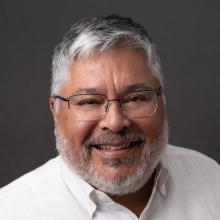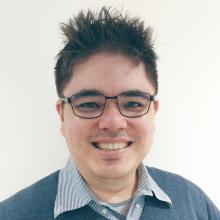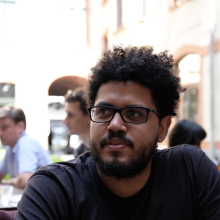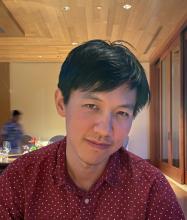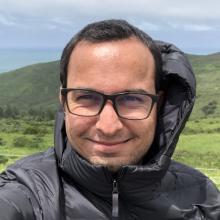Abstract
Back in 2014, platform engineers at Spotify identified a problem: the number of internal tools was growing rapidly, and as a result engineers around the company were struggling to find the tools and information they needed to work efficiently. Reducing the number of tools is the obvious way to address this problem, but how do you consolidate all the tools in one place without disempowering and slowing down the teams working on them?
Fast-forward 10 years, and Backstage has had a massive impact on developer productivity at Spotify, making teams that use it heavily about 2.3x more active on GitHub, and 30% more productive overall. And it doesn’t stop there: in 2020, we open-sourced the Backstage framework to help other companies build their own internal developer portal – and thousands of companies are using it today.
Backstage is now a central pillar of our software development workflow: it catalogs our software ecosystem, helps our engineers follow best-practices and measure the tech health of the components they own, and centralizes and streamlines repeatable tasks. But how can we bring all this together in Backstage? And how does the value we get from it internally translate to adopters of the open-source framework? The answer is plugins.
In this talk we explain how the Backstage plugin system brings disparate pieces of functionality together in one place, helping platform teams to build independently while still shipping a cohesive product for our engineering teams to use. We’ll explain the architecture of the plugin system, and walk through some specific examples of how Backstage (and individual plugins themselves) can be extended and interconnected, and how we make use of this to distribute ownership at Spotify.
Finally, we’ll talk about how the extensibility model of Backstage helps companies offering commercial products in the IDP space add value to the open-source Backstage offering, from specific plugins to entirely new IDP products like Spotify Portal for Backstage.
Interview:
What's the focus of your work these days?
Pia: I lead the Platform Developer Experience Studio at Spotify, which means I'm supporting teams to build a greater developer experience internally, and bring some of these great products to the market as open-source or in our commercial Backstage product suite.
Mike: I'm the tech lead for Backstage at Spotify, which means I spend my days thinking about how to make Backstage a better product for adopters, internal users, contributors, and customers.
What's the motivation for your talk at QCon London 2024?
We're excited to share the benefits we've seen from building a powerful extensibility model into Backstage, in terms of both encouraging contributions in the open-source framework, and enabling distributed ownership of capabilities in our internal instance.
How would you describe your main persona and target audience for this session?
This talk is aimed at senior engineers and architects with an interest in building extensible software solutions. No prior experience with Backstage is required!
Is there anything specific that you'd like people to walk away with after watching your session?
We're hoping to share the things we've learned building an extensible framework, and inspire others to incorporate more extensibility along with open- and inner-source contribution models into their software.
Speaker
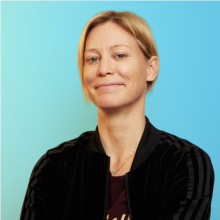
Pia Nilsson
Director of Engineering @Spotify
Pia Nilsson is the Platform Developer Experience (PDX) lead at Spotify. She started her career off as a backend engineer for 14 years working across telecom, pharma, retail, banking and gaming. Half of that time was spent as a self employed contractor, where she began recognizing patterns in the challenges engineers were experiencing. This interest and strong belief that teams can be more effective and have more fun(!) led her to focus more and more on platform-oriented work. She was an early adopter of devops principles and pair-programming, and also led classes in clean code and test driven development. Pia joined Spotify to lead the CI (Continuous Integration) platform and gradually expanded into other domains connected to developer experience and effectiveness. She led the team that built Backstage, where her focus was to increase the speed of iteration so that Spotify could build products faster. She continues to lead that team while also working to create an exceptional developer experience through the tools and infrastructure her team provides to every engineer at Spotify.
Speaker
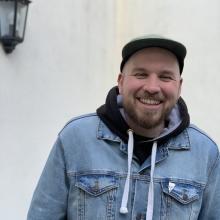
Mike Lewis
Staff Engineer @Spotify
Mike Lewis is a Staff Engineer at Spotify, and has been focused exclusively on Backstage for the last few years after an initial stint working on Spotify Premium. Mike has contributed to significant features in the open-source Backstage framework, as well as Spotify commercial offerings related to Backstage including the Soundcheck and RBAC plugins.


